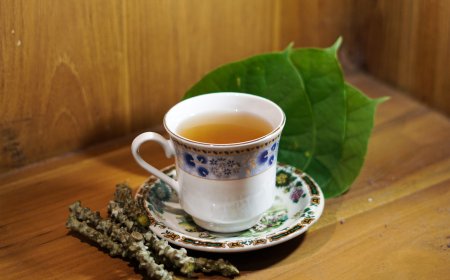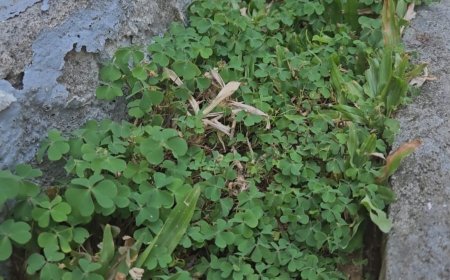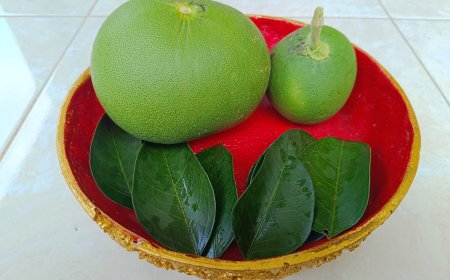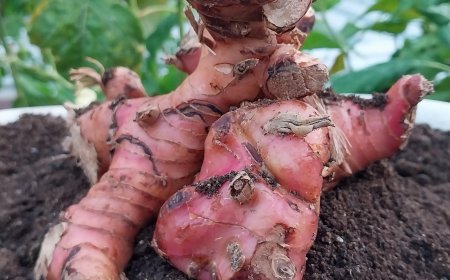Unveiling the Benefits of Nutmeg Seeds: Traditional Remedies for Digestive Disorders
Usadha is a term that refers to the traditional Balinese healing knowledge, based on ancestral wisdom about the use of medicinal plants, mantras, and spiritual rituals to treat various diseases. Usadha Mala is a specific branch of Usadha that focuses on illnesses caused by negative energies or supernatural disturbances, which are believed to stem from mystical forces or spirits. This healing approach combines herbal remedies with spiritual cleansing rituals.
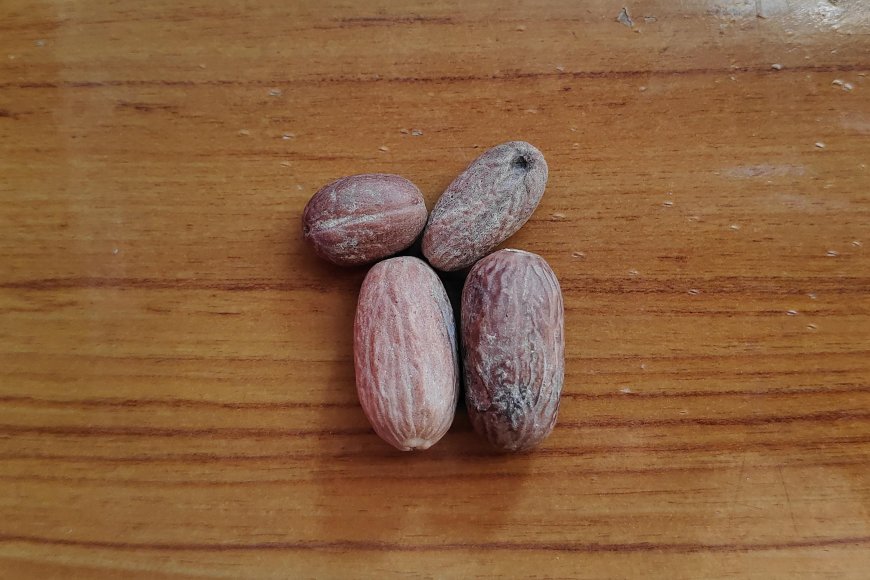
Knowledge of traditional medicine utilizing plants has been passed down through generations, and one example can be seen in the use of nutmeg, as recorded in the Lontar Usadha Mala. This traditional Balinese manuscript reveals the benefits of various plants, including nutmeg, which has long been used in traditional medicine to treat a variety of digestive problems. This manuscript is one of 20 valuable Lontar manuscripts in Usadha Bali that document the medical knowledge of our ancestors.
For centuries, the richness of nature has been a precious source of medicine for our ancestors. The knowledge of various medicinal plants has been passed from generation to generation. One plant that is highly valued and often used in traditional medicine is the nutmeg, scientifically known as Myristica fragrans. In Lontar Usadha Mala, nutmeg seeds are mentioned as one of the 29 types of medicinal plants with multiple benefits, particularly for treating digestive disorders.
Nutmeg is native to the Banda Islands, Maluku, and has spread to various regions in Indonesia. The most commonly used part of the nutmeg is its seed, which has a distinctive aroma and spicy taste. Nutmeg seeds are often used in cooking, drinks, or even baked goods. However, beyond its delicious flavor, nutmeg seeds hold remarkable health benefits, particularly for digestive health, as documented in Lontar Usadha Mala.
Nutmeg seeds contain active compounds such as essential oils, myristicin, elemicin, safrole, and eugenol. One of the key benefits of nutmeg is its ability to address digestive issues. The essential oils in nutmeg seeds are known to have carminative effects, helping to relieve bloating and nausea. In Lontar Usadha Mala, nutmeg seeds are recommended for treating various digestive ailments, including nausea, bloating, and stomach aches.
Nutmeg also has antimicrobial properties effective against gastrointestinal infections, thanks to its eugenol content, which acts as an antifungal and antibacterial agent. This makes nutmeg a common ingredient in traditional medicinal mixtures, as recorded in Lontar Usadha Mala, for treating digestive issues, diarrhea, nausea, and vomiting. The natural compounds in nutmeg help ease discomfort and improve overall digestive health.
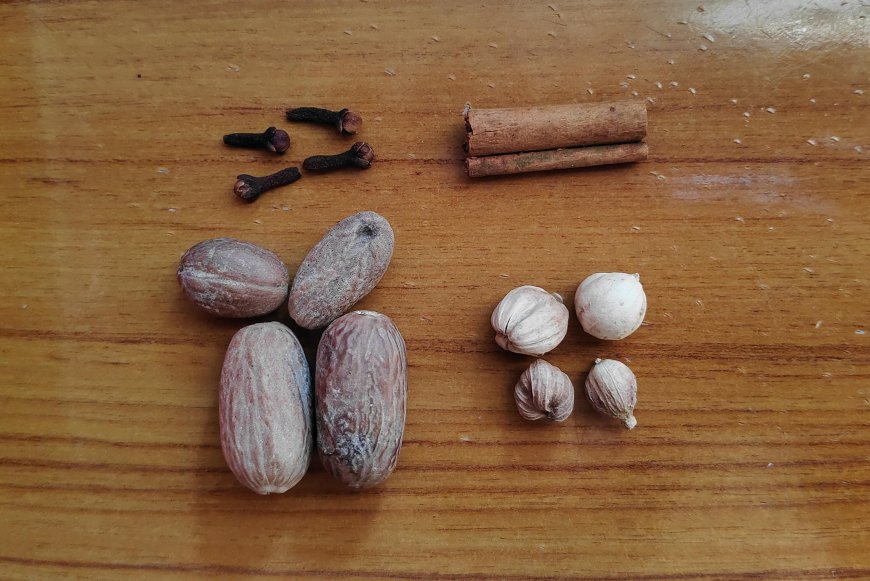
Nutmeg Seed Remedy Ingredients (Photo Source: Personal Collection)
To make an effective remedy for digestive problems like bloating, as noted in Lontar Usadha Mala, follow these steps:
1. Grind the Nutmeg Seeds
2. Mix with Other Spices
In a cup, combine the nutmeg powder with 1 cinnamon stick, 3-4 cardamom pods, and 3-4 cloves.
3. Brew with Hot Water
Boil 2 cups of water until it reaches a rolling boil, then pour the hot water into the mixture of nutmeg and spices. Let it steep for 5-10 minutes.

Traditional Nutmeg Remedy (Photo Source: Personal Collection)
4. Strain and Serve
After the spices have infused, strain the liquid to remove the solids, then serve warm. This remedy, as documented in Lontar Usadha Mala, is believed to relieve bloating and promote digestion.
The use of nutmeg as a traditional medicine reflects the richness of the medicinal knowledge passed down by our ancestors. With its active compounds, nutmeg has become an essential element in traditional medicine and remains relevant today. Its presence in Lontar Usadha Mala reminds us of the importance of preserving cultural heritage and natural resources while showcasing the blend of tradition, nature's wisdom, and health that continues to benefit our well-being today.















































